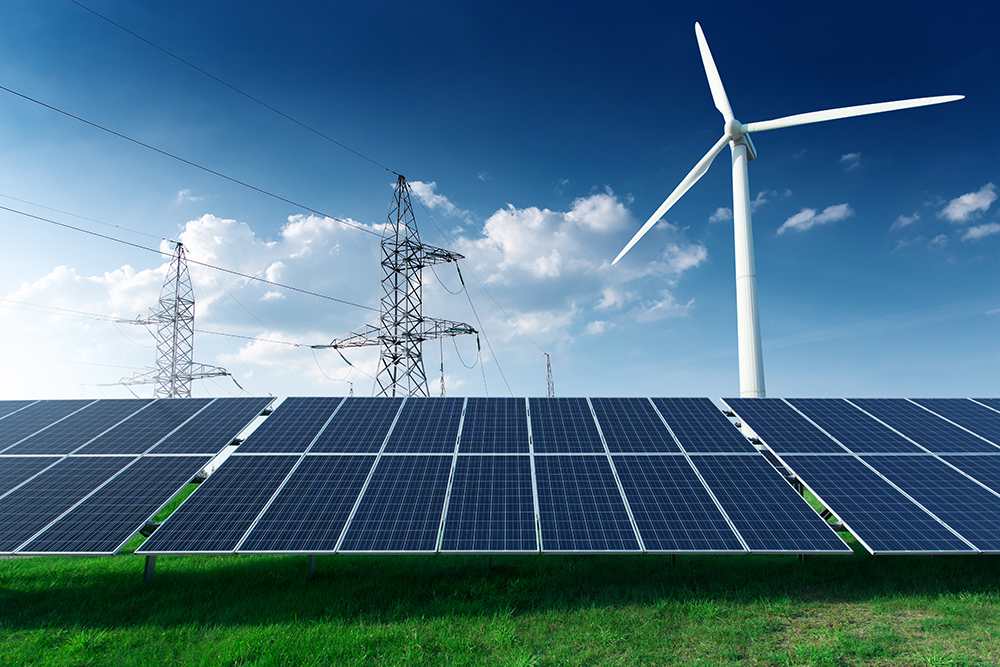SWW Wunsiedel GmbH and Siemens are working together as technology partners on innovative ways to shape the decentralised power supply of the future. Their first project is the Siestorage battery storage system, which is expected to stabilise the local power grid with a capacity of 8.4 megawatts. As part of the partnership, SWW Managing Director Marco Krasser, State Secretary Franz Josef Pschierer and Siemens CTO Roland Busch opened the ‘House of Future Energy’ in Wunsiedel, Germany. This permanent exhibition provides information about the ‘WUNsiedler Weg Energie 2.0’ climate protection concept as well as the technologies and business models that can be used to implement the energy transition cost-effectively.
“With WUNsiedler Weg, we are focusing on a consistent climate and energy strategy by 2030,” SWW CEO Krasser said during the ceremony. “We have accomplished a great deal over the past few years. With Siemens as our technology partner, we are now furthering the development of Wunsiedel as a smart city.” The strategic approach was underscored by a high-level lecture program on the future of energy, with presentations by experts from the business community and politics. “In Wunsiedel, we can get a glimpse of the future of energy,” said Bavarian State Secretary Franz Josef Pschierer. “This project demonstrates practical solutions for smart ways to interconnect the energy systems. The centralised approach of the WUNsiedler Weg concept is unique, exemplary and will serve as a motivating force far beyond our region.”
SWW received the Public Utility Award in 2016 for resolutely pursuing a regional and climate-compatible energy supply strategy. The public utility company relies on a technology partnership with Siemens to further expand the system into an autonomous service area with island grid capability. The Siestorage energy storage system is one of the first joint projects. With 8.4 megawatts, it is currently the biggest battery storage system in the municipal network and will go into operation shortly. Additional projects will follow, including a power-to-gas plant and the universal data networking of the entire system landscape on the Siemens MindSphere IoT platform. As a utility 4.0, SWW will in the future use the existing Siemens control system functions in the form of Software-as-a-Service (SaaS) on a cloud-based platform. Selected data from the control system will also be provided on MindSphere, where it can be analysed, evaluated and used for SWW and its end customers in new business models.
“Smart cities are the wave of the future,” said Siemens CTO, Roland Busch. “By providing innovative technology, we support Wunsiedel on the way to digitalisation.” Speaking about the energy storage system, Busch noted, “With its wide range of power generation components, Wunsiedel’s power supply is a prime example of a decentralised approach that is linked to the energy market. Our solutions incorporate renewable energy sources into the grid, ensure grid stability and combined with MindSphere, demonstrate optimisation and savings potential.” As part of this research network, the University of Bayreuth will provide support for a future “field trial lab for energy of the future.”
At the same time, the ‘House of Future Energy’ is intended to provide citizens with information by offering many models for energy transition technologies and interactive presentations. “We want to set things in motion,” Krasser said. “The future of energy starts here!” For example, a central monitor displays the live data of the Wunsiedel distribution grid, including all relevant energy sources and loads. For teaching purposes, this data can also be modified in a simulation in order to explain the relationships between the renewable energy sources and the physical needs of the grid.
“Wunsiedel is therefore more than just a festival city. It is also an energy city, making it a municipality on the way to becoming a smart city,” said Mayor Karl-Willi Beck. The event also marks the beginning of the biennial Wunsiedel Energy Days, as Mayor Beck points out. This event will take place every two years in Wunsiedel, providing an opportunity to discuss the latest issues relating to the energy transition and the results of the WUNsiedler Weg Energie 2.0 concept.


